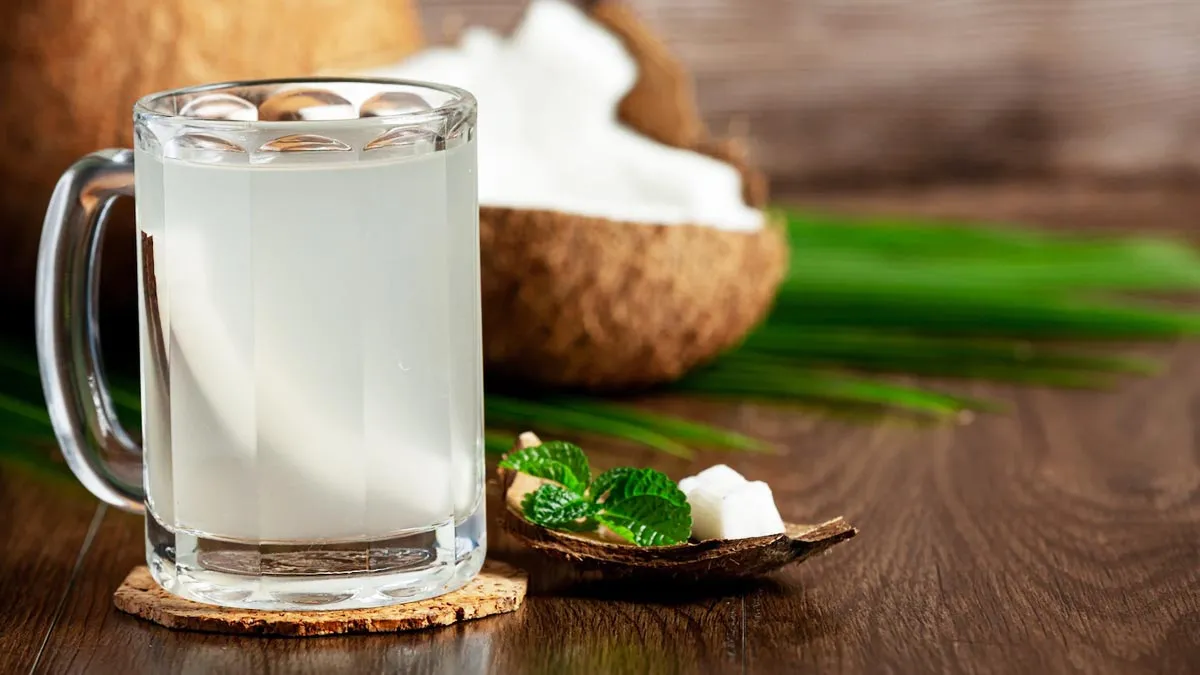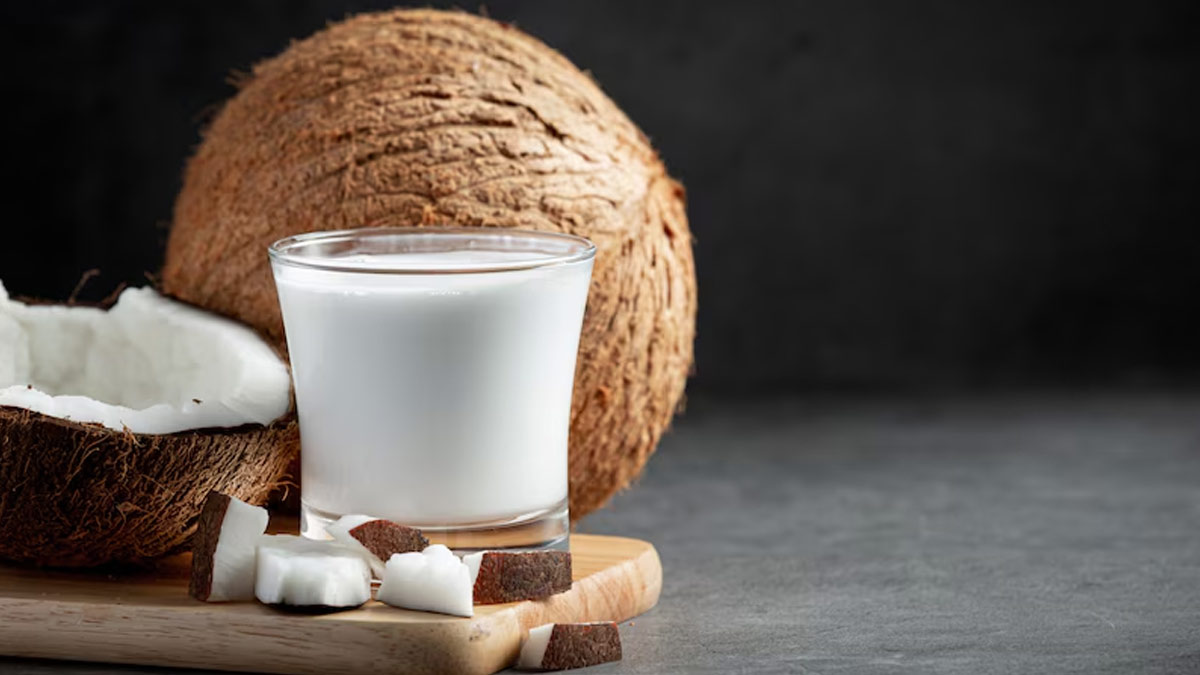
Coconut seems to have taken the health and wellness world by storm. From coconut oil in bulletproof coffee to coconut water as a workout hydrator, the tropical fruit is promoted as a superfood, often seen as a miracle ingredient for everything from boosting immunity to aiding weight loss. But does the science back up these claims? Is coconut truly effective for weight loss, or is it just another Instagram trend?
Table of Content:-
We discussed with our expert Shivani Rathi, Dietitian and Nutrition Expert - Sharda Hospital, whether coconut products like coconut oil, coconut milk, and coconut water can support weight loss goals. Here is what she shared with us.
Coconut and Weight Loss: What’s the Connection?
"Coconuts are rich in Medium-Chain Triglycerides (MCTs), a type of fat that metabolises differently than long-chain fatty acids commonly found in other fats and oils. MCTs are absorbed directly into the liver, where they’re quickly converted to energy rather than being stored as fat," shared Rathi. Hence, this unique metabolic pathway has led many wellness influencers to claim that coconut is a weight-loss aid.

"However, coconut oil is also high in saturated fats, with about 92% of its calories coming from fat and roughly 120 calories per tablespoon," she added.
This has raised questions among nutrition experts about whether coconut products are as beneficial for weight loss as social media might suggest. Let's see what science has to say to this.
Also Read: Beat The Heat With Probiotic Rich Coconut Kefir
MCTs and Weight Loss
A key aspect of the weight-loss claims around coconut oil centres on MCTs. A review published in the National Library of Medicine examined how MCTs influence body composition and energy expenditure. Researchers found that MCTs can increase the body's ability to burn calories due to their quick absorption and conversion into energy. This led participants who consumed MCTs in their diet to show a higher resting energy expenditure, which, in turn, can support weight loss efforts.
However, it's important to note that this study focused on isolated MCTs, not coconut oil or other whole coconut products, which contain a mixture of medium- and long-chain fatty acids. This means that while MCTs can help with weight management, the effects might be less visible in coconut oil, where only a portion of the fats are MCTs. "Thus, using pure MCT oil might be more effective for weight loss than coconut oil," Rathi confirmed.

Can Coconut Water and Coconut Milk Help with Weight Loss?
In addition to coconut oil, coconut water and coconut milk are also popular choices for those trying to lose weight. "Coconut water is low in calories and a good source of electrolytes, making it an ideal post-workout drink. It has fewer calories than many sports drinks and sugary beverages, which can help reduce overall calorie intake. However, while coconut water can support hydration and nutrient intake, it’s not a fat-burning ingredient," Rathi explained.
Coconut milk, on the other hand, is rich in fats and calories and should be consumed in moderation if weight loss is a primary goal, as per our expert. "Unsweetened, light versions of coconut milk can be a better option for those looking to manage calorie intake while still enjoying coconut's rich flavour and nutrients," she said.
Also Read: FDA Issues New Warning For Popular Weight Loss Drugs—Here's What You Need To Know
Ways Coconut Can Be Part of Your Weight Loss Plan?
Here’s a breakdown of how different form of coconut products could fit into a weight-loss plan:
- Coconut oil
- MCT oil
- Coconut water
- Coconut milk
Final Thoughts
While coconut has gained popularity as a superfood, it’s not a magic weight-loss ingredient. MCTs in coconut oil can offer a small metabolic boost, but the high calorie content of coconut oil and other coconut products can counteract those effects if not used wisely.
As with many foods, moderation is key. Including small amounts of coconut in a balanced, calorie-conscious diet can allow you to enjoy its taste and potential health benefits without derailing your weight-loss efforts.
Also watch this video
How we keep this article up to date:
We work with experts and keep a close eye on the latest in health and wellness. Whenever there is a new research or helpful information, we update our articles with accurate and useful advice.
Current Version